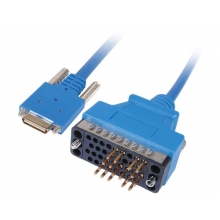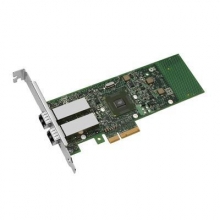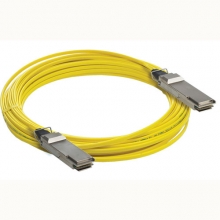- Optical Transceivers
- SFP+ Transceivers
- XENPAK Transceivers
- XFP Transceivers
- X2 Transceivers
- SFP Transceivers
- Compatible SFP
- 3Com SFP
- Alcatel-Lucent SFP
- Allied Telesis SFP
- Avaya SFP
- Brocade SFP
- Cisco SFP
- D-Link SFP
- Dell SFP
- Enterasys SFP
- Extreme SFP
- Force10 SFP
- Foundry SFP
- H3C SFP
- HP SFP
- Huawei SFP
- Intel SFP
- Juniper SFP
- Linksys SFP
- Marconi SFP
- McAfee SFP
- Netgear SFP
- Nortel SFP
- Planet SFP
- Q-logic SFP
- Redback SFP
- SMC SFP
- SUN SFP
- TRENDnet SFP
- ZYXEL SFP
- Other SFP
- FE SFP
- GE SFP
- OC3 SFP
- OC12 SFP
- OC48 SFP
- Copper SFP
- CWDM SFP
- DWDM SFP
- BIDI SFP
- Fiber Channel SFP
- Multi-Rate SFP
- SGMII SFP
- Compatible SFP
- GBIC Transceivers
- Passive Components
- Networking
- Cables
- Equipments
- Tools
- Special Offers


What Makes a well-designed VPN
A VPN's purpose is providing a secure and reliable private connection between computer networks over an existing public network, typically the Internet. Before looking at the technology that makes a VPN possible, let's consider all the benefits and features a business should expect in a VPN.
A well-designed VPN provides a business with the following benefits:
Extended connections across multiple geographic locations without using a leased line
Improved security for exchanging data
Flexibility for remote offices and employees to use the business intranet over an existing Internet connection as if they're directly connected to the network
Savings in time and expense for employees to commute if they work from virtual workplaces
Improved productivity for remote employees
A business might not require all these benefits from its VPN, but it should demand the following essential VPN features:
Security -- The VPN should protect data while it's traveling on the public network. If intruders attempt to capture the data, they should be unable to read or use it.
Reliability -- Employees and remote offices should be able to connect to the VPN with no trouble at any time (unless hours are restricted), and the VPN should provide the same quality of connection for each user even when it is handling its maximum number of simultaneous connections.
Scalability -- As a business grows, it should be able to extend its VPN services to handle that growth without replacing the VPN technology altogether.
One interesting thing to note about VPNs is that there are no standards about how to set them up. This article covers network, authentication and security protocols that provide the features and benefits listed above. It also describes how a VPN's components work together. If you're establishing your own VPN, though, it's up to you to decide which protocols and components to use and to understand how they work together.
The next two pages describe two common types of VPN. We'll start with the type that's most synonymous with the term VPN.



















































